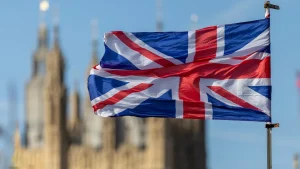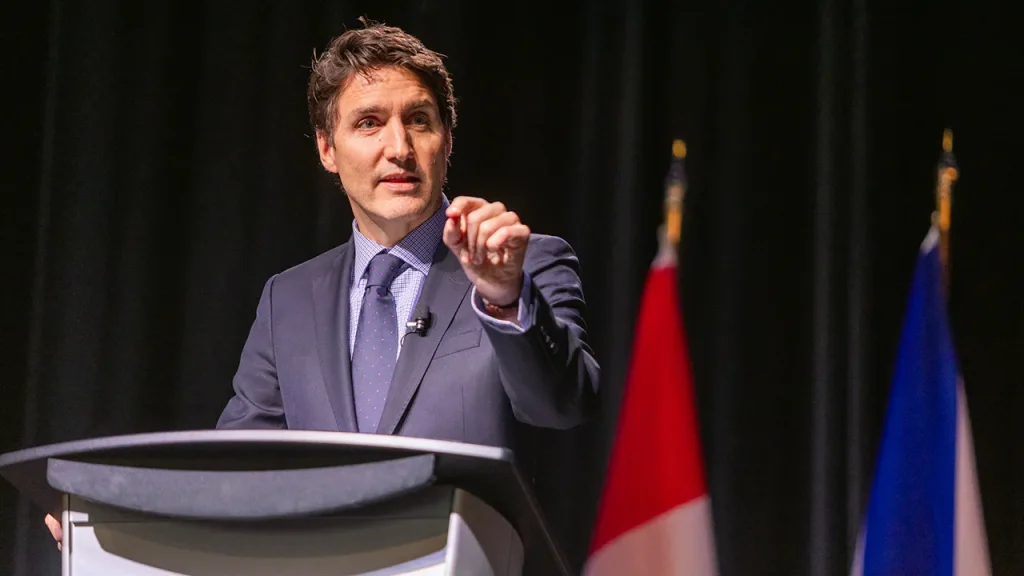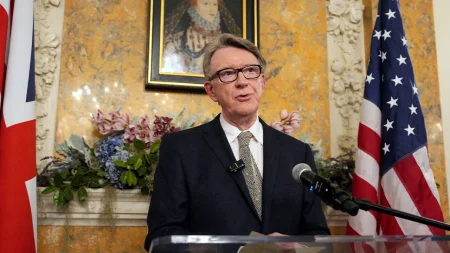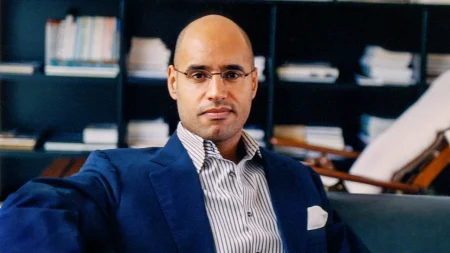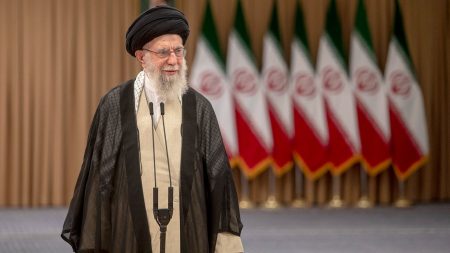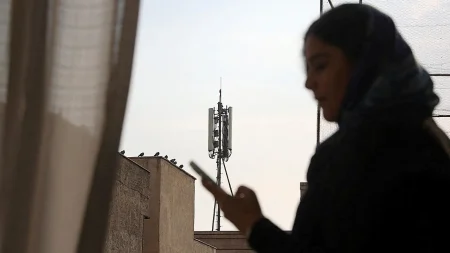Canadian Prime Minister Justin Trudeau’s recent assertion of his feminist identity, delivered during a gala for Equal Voice, an organization dedicated to promoting gender parity in Canadian politics, serves as a focal point for understanding the complex interplay of domestic and international political dynamics. Trudeau’s lament over Vice President Kamala Harris’s loss to Donald Trump in the fictional 2024 US presidential election encapsulates a broader concern about the perceived regression in women’s rights and progress globally. His declaration of being a “proud feminist” and a committed ally to the cause underscores the significance he places on gender equality within his own political agenda.
Trudeau’s remarks, however, must be examined against the backdrop of escalating tensions between the US and Canada, primarily stemming from disagreements over immigration and the cross-border flow of illicit drugs. The recent, unannounced visit by Trudeau to Mar-a-Lago, Trump’s Florida resort, highlights the urgency and sensitivity of these issues. This visit, occurring shortly after Trump threatened to impose substantial tariffs on Canadian goods, underscores the delicate balance Trudeau navigates between maintaining a functional relationship with the US and safeguarding Canadian economic interests.
The reported exchange between Trump and Trudeau during the Mar-a-Lago meeting reveals the underlying power dynamics and friction in the US-Canada relationship. Trudeau’s purported argument against the tariffs, emphasizing their potentially devastating impact on the Canadian economy, and Trump’s provocative suggestion that Canada become the 51st state, expose the contrasting perspectives and negotiating tactics employed by both leaders. Trump’s suggestion, though likely intended as a rhetorical jab, accentuates the historical asymmetry in the relationship and the persistent undercurrent of US influence over Canadian affairs.
Trudeau’s public embrace of feminism, juxtaposed against his diplomatic efforts with a US administration perceived by many as antithetical to feminist principles, presents a compelling case study in political maneuvering. His need to maintain amicable relations with the US for economic and security reasons compels him to engage with an administration whose policies often clash with his publicly espoused values. This delicate balancing act underscores the complexities of international diplomacy and the inherent tensions between domestic political priorities and the demands of global realpolitik.
The broader implications of Trudeau’s feminist stance extend beyond the immediate context of the US-Canada relationship. His vocal support for gender equality serves as a signal to both domestic and international audiences, aligning Canada with a progressive global agenda. In a world where women’s rights are increasingly under threat, Trudeau’s position offers a counterpoint to the conservative wave sweeping through many parts of the globe. His commitment, however, will be judged not solely on his pronouncements but also on his government’s concrete policies and actions towards achieving gender equality within Canada and promoting it on the international stage.
Ultimately, Trudeau’s “proud feminist” declaration must be understood as a multifaceted political maneuver. It serves as a rallying cry for his domestic base, a message of solidarity to international allies, and a carefully calculated strategy for navigating the complex terrain of international relations. The true measure of his commitment, however, will lie in his government’s concrete actions to advance gender equality and confront those who seek to undermine it. The interplay between his domestic agenda and his approach to international relations will continue to shape his legacy and define Canada’s role in the ongoing global struggle for women’s rights.
